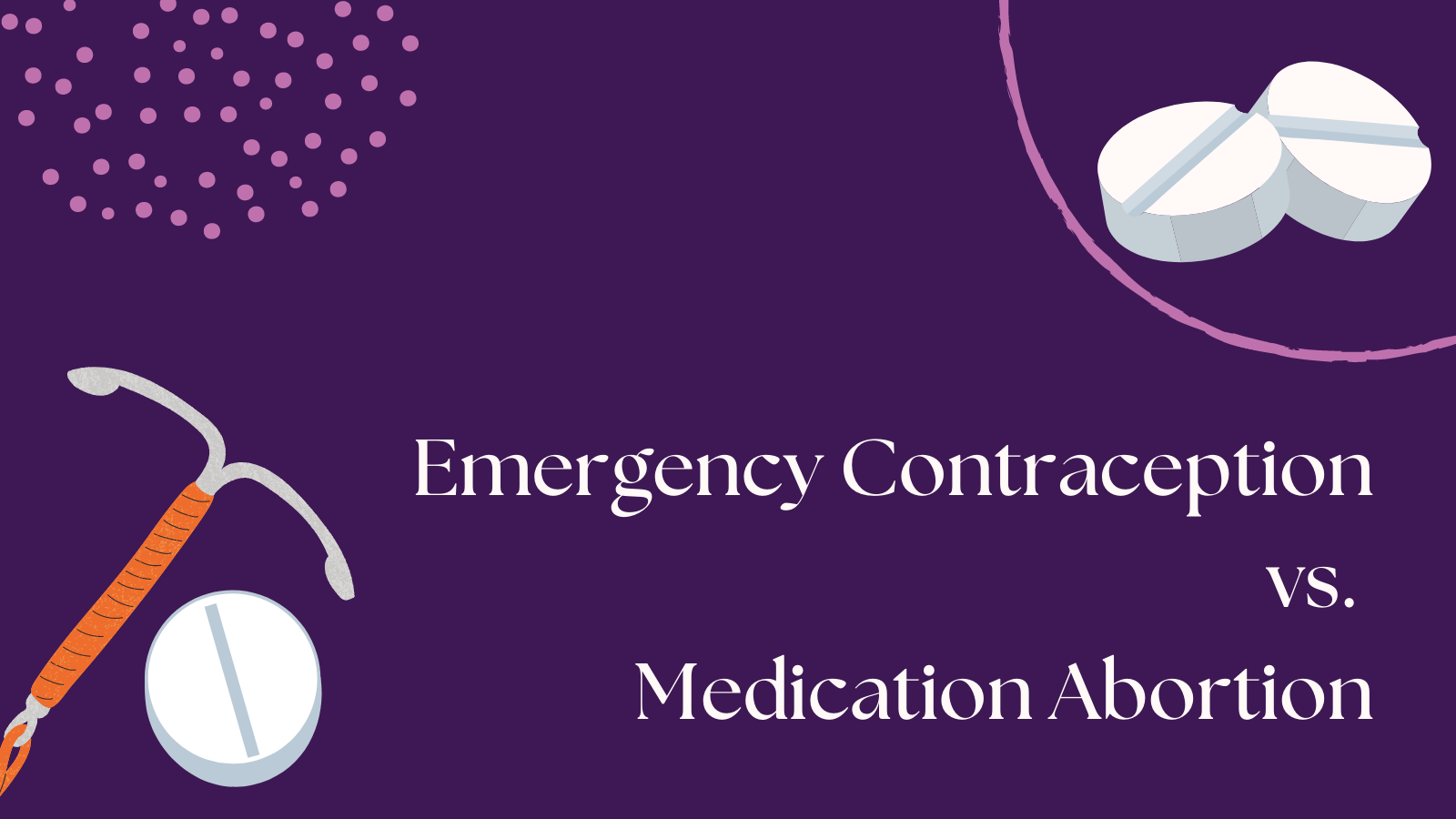Today, the 5th Circuit Court of Appeals became the first federal court in the U.S. to uphold a ban on the standard method of abortion after approximately 15 weeks of pregnancy, known as D&E (dilation and evacuation). Just last year, a 5th Circuit panel of judges struck down this ban as unconstitutional. The full 5th Circuit then took the unusual step of deciding on its own to vacate the panel decision and rehear the case in front of the full court in January, resulting in today’s decision.
Doctors who violate the ban on the procedure will face up to two years in prison. Major medical organizations including the American College of Obstetricians and Gynecologists (ACOG) strongly oppose these types of abortion bans, noting, “These restrictions represent legislative interference at its worst: doctors will be forced, by ill-advised, unscientifically motivated policy, to provide lesser care to patients. This is unacceptable.” Similar bans on D&E procedures have been blocked or are not being fully enforced in Alabama, Arkansas, Indiana, Kansas, Kentucky, Louisiana, Ohio, and Oklahoma.
“This ban is about cutting off abortion access, and nothing else,” said Amy Hagstrom Miller, president of Whole Woman’s Health (a plaintiff in this case). “In no other area of medicine would politicians consider preventing doctors from using a standard procedure. It should never be a crime for doctors to use their best medical judgment and follow the most current science. Texans deserve the best care available, and this law prevents that. As the six-week ban is looming, it’s even more apparent that these abortion laws are about making abortion completely inaccessible. Texas lawmakers are coming at us from both ends and will not stop until abortion is illegal.”
“Texas has been hellbent on legislating abortion out of existence, and it is galling that a federal court would uphold a law that so clearly defies decades of Supreme Court precedent,” said Nancy Northup, president and CEO of the Center for Reproductive Rights. “At a time when the health care needs of Texans are greater than ever, the state should be making abortion more accessible, not less. There is no question that today’s decision will harm those who already face the greatest barriers to health care. We are analyzing this decision and will consider all of our legal options.”
During the 2021 legislative session, Texas politicians passed two extreme abortion restrictions, including S.B. 8, a ban on abortion after six weeks of pregnancy — before many people even know they are pregnant. This law is currently being challenged in court, and the plaintiffs have requested the court block it before it can take effect on Sept 1. The state already has many burdensome laws and regulations that make it harder for Texans to access abortion, including mandated, biased counseling and a law that forces patients to make two trips to a health center 24 hours apart to receive care. There is also a ban on the use of telemedicine to provide medication abortion, a ban on insurance coverage for abortion, and a parental consent and notification law.
As of 2017, some 96% of Texas counties had no clinics that provided abortion. Half the abortion clinics in Texas were already shut down by a devastating state abortion restriction that the Supreme Court struck down in 2016 in Whole Woman’s Health v. Hellerstedt. Most never reopened.
The challenge to Texas’s D&E abortion ban was filed in 2017 in the U.S. District Court for the Western District of Texas on behalf of Whole Woman’s Health (which manages four health clinics in the state of Texas), Planned Parenthood Center for Choice, Planned Parenthood of Greater Texas Surgical Health Services, Planned Parenthood South Texas Surgical Center, Alamo Women’s Reproductive Services, Southwestern Women’s Surgery Center, and several individual physicians. The plaintiffs are represented by the Center for Reproductive Rights, Planned Parenthood Federation of America, Morrison & Foerster who is serving as pro-bono counsel, and Austin attorney Patrick J. O’Connell.



